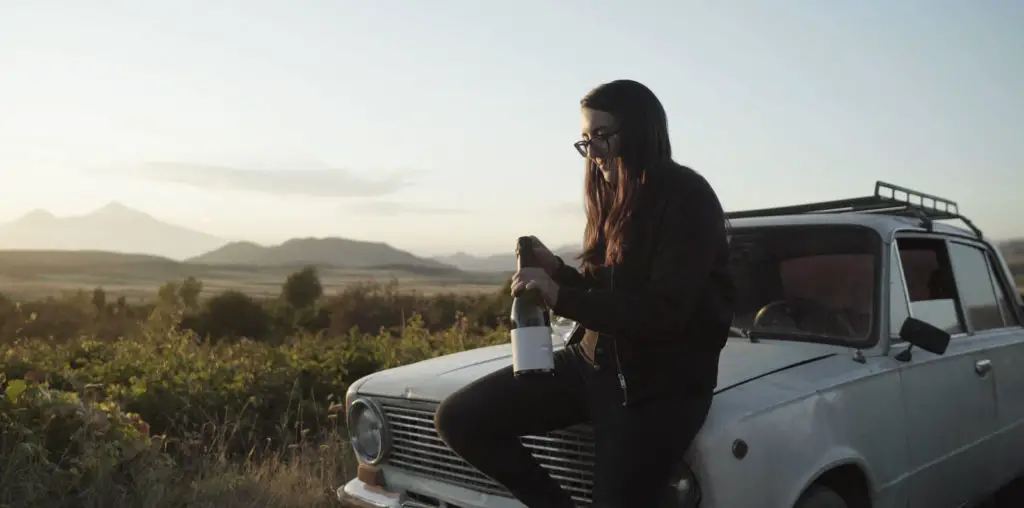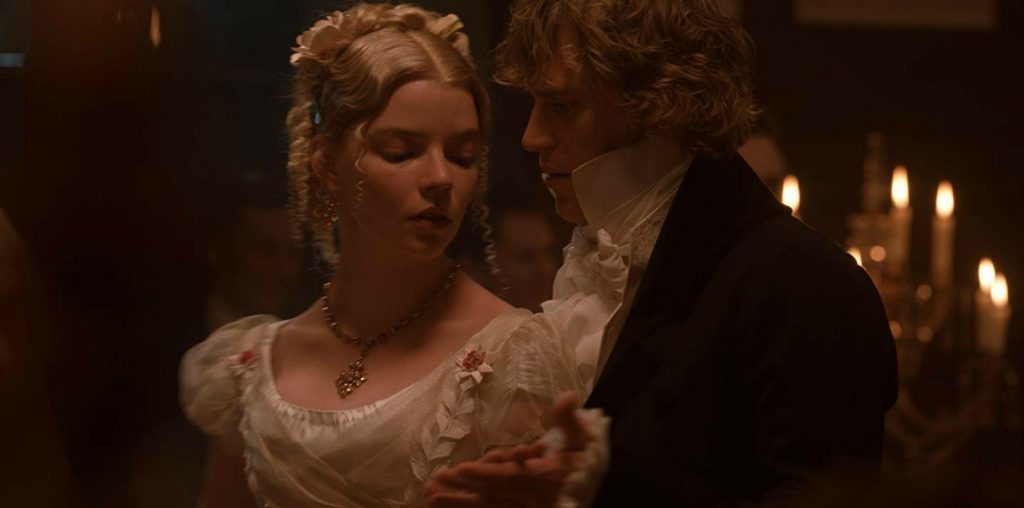
“Y’know, I’m okay with a feel-good movie now and then,” says Diane Amos, side-stepping her way out of the river of people now exiting the movie theater where we’ve just seen Christmas With the Kranks, a satirical “feel-good” film about a couple of empty-nesters (Tim Allen and Jamie Lee Curtis) who upset the fabric of their neighborhood when they attempt to skip Christmas for one year.
On floor two of the multiplex, we take over a table at the little snack bar-coffee counter, and Amos good-naturedly critiques the film as we watch the rest of the amped crowd flow on by. While Amos allows that ‘Kranks’ might not be the greatest Christmas movie ever made (that, of course, would be “A Lion in Winter”), she is correct enough when she points out that our other audience members loved this movie, vigorously cheering and applauding as it came to a close.
“When was the last time you saw that? Did you listen to the kids’ reaction in there?” Amos asks. “You can totally see that for the audience this was aimed at, this movie totally did the job. I thought it was fun. It won’t change anyone’s life, but it’s a Christmas movie. It’s okay if a Christmas movie is just fun.”
Amos is a San Francisco-based actress and comedian, whose wise and funny 1996 one-woman show, “Balancing Act,” told about being raised for many years by interracial (black and white), interfaith (Baptist and Jewish) lesbian mothers. She’s appeared in numerous movies, from “Angels in the Outfield” and “Nine Months” to “Patch Addams” and “Twisted”, but is probably best know as the Pine Sol Lady in those energetic disinfectant commercials.
Today, after watching Kranks rediscover the joys of Christmas, Amos has been eased into a Christmas-y mood herself, and now she’s thinking about the Christmases of her own unorthodox childhood.
“During those years we did Christmas and Hanukah,” she remembers, “what we did was a little of everything, the traditional Hanukah foods and the seven days of Hanukah and then we’d do Christmas—and it was really fun. Of course, it meant more presents and more music, but it was more of everything good, more family and more stories and more love. It was fantastic.
“We were a big story family,” Amos continues, after pausing to exchange pleasant words with someone who recognizes her, “and stories always became especially significant and wonderful and important at the holidays. My mom told stories and my other mom read stories—long, wonderful stories about how Hanukah came to be and things like that. And my mom, she was such a good storyteller she had my friends convinced that she’d once taught school in the African bush. She was that good.”
Asked if now, as an adult, she identifies at all with the Kranks’ urge to avoid all the Christmas effort, Amos shakes her head.
“I love Christmas!” She grins. “Growing up, there were some Christmases—especially when we didn’t have money, which was very often depending on what phase of our lives we were in—when we could not really have Christmas, with all the presents and the tree and everything. In the movie they try to skip Christmas but we really would skip it. So on Christmas day we’d go to the movies and have tacos afterwards, and that would be Christmas. And it was wonderful because we got the message, and the message was, Christmas is not about the presents and all that, Christmas is about being together, about hanging out together as a family. And it was all good. It’s corny to say that Christmas is a feeling, but Christmas is a feeling. That’s what I was taught and that’s what I’m teaching my kids now.”
That and that loving one another means helping one another.
“And that means doing chores,” she says, with a laugh. “In our house, that’s what the word ‘chores’ means—loving each other in the household enough to clean up after each other.”
Sounds like something the Pine Sol Lady would say.
____________________________________________________________
Writer David Templeton takes interesting people to the movies in his ongoing quest for the ultimate post-film conversation. This is not a review; rather, it’s a freewheeling, tangential discussion of art, alternative ideas, and popular culture.
Discuss David Templeton’s “Talking Pictures” column in Film Threat’s BACK TALK section! Click here>>>

